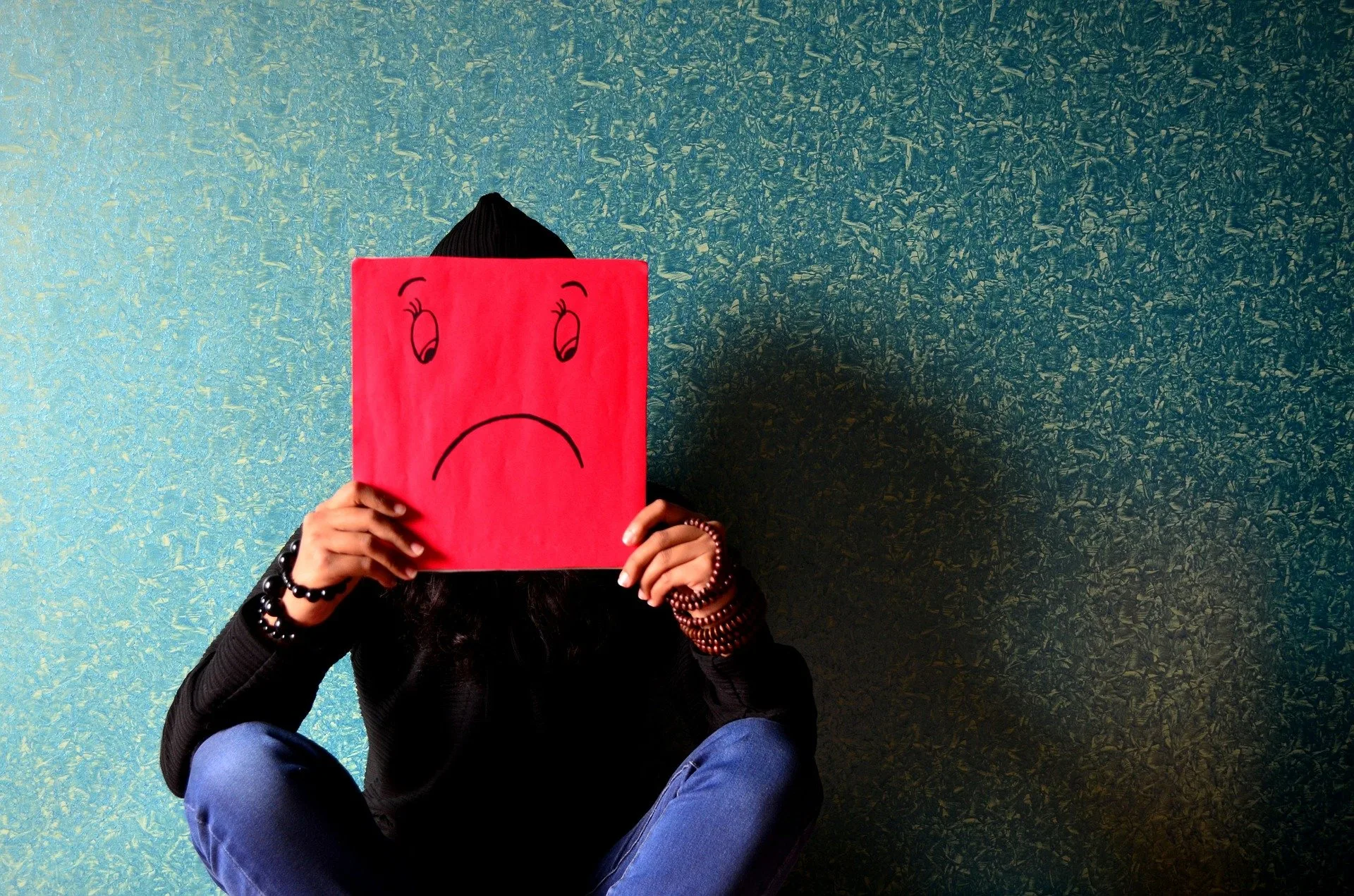Just a little over a year ago, each of our lives was turned on its head as the first few stay-at-home lockdown measures were implemented. While a few of us immediately understood the harsh reality of the situation, many believed that the lockdown rules were only going to last a few weeks. It wasn’t long before reality set in. To say that 2020 was easy on our mental health would be an understatement.
COVID-19 and Mental Health: Where Are We Now?
A new groundbreaking global study has set out to examine the mental health of the world following the coronavirus pandemic. The report, courtesy of Sapien Labs, is an inaugural global study of mental wellbeing and is part of the Mental Health Million Project, a public interest effort by scientists to assemble a comprehensive view of the evolving mental wellbeing of the world.
The report used data from the Mental Health Quotient (MHQ), an online anonymous self-assessment tool, which shows a resulting score on a scale ranging from -100 to 200. It measured emotional, social, and cognitive function, and it also highlights the key lifestyle factors that are revealing themselves as important drivers of mental well-being and discusses the impact of adversities and traumas associated with the Covid-19 pandemic.
The Mental Wellbeing of Countries
According to the report, Singapore had the highest mental wellbeing score, followed by the United States, while the United Kingdom and South Africa had the lowest scores. So, what was the reason for this?
According to the report, Singaporeans had better appetite regulation, self-image, and sleep quality. They also experienced less pain and had fewer physical health issues, and feelings of sadness, distress, or hopelessness.
Now, while the United States did experience one of the most dramatic election seasons, as well as the re-emergence of the #BlackLivesMatter movement, the report found that respondents had better self-control & impulsivity, emotional control as well as stability and calmness, and sleep quality when compared to other countries.
Mental wellbeing across age groups
When it comes to the mental health of different age groups, it appears that the younger population is struggling more.
According to the report, a full 44% of respondents aged 18-24 years were clinical or at risk of a clinical disorder, compared to only 6% of those 65 and older.
While the older population faces a higher risk of severe illness or death from Covid-19, the report found that self-image, self-worth and confidence, focus and concentration, and emotional resilience increased sustainably with age. perhaps with age, comes stronger mental wellness?
The male-female gender gap
According to the report, there was a small difference between males and females, with women having greater
experiences of pain, fear and anxiety, and men battling more with addiction and empathy. Additionally, the report also found that overall, nonbinary/third gender had substantially poorer mental wellbeing.

Photo by Anna Shvets from Pexels
What habits are helping or hurting our mental health?
We all know that certain habits can help to boost or hurt our mental health. According to the report, everything is worse without sleep, socializing, and exercise.
Sleep tight
Coronasomnia is a term coined to address the sleep issues brought on by the pandemic. As we know, poor sleep is terrible for our health, and it can make us quite grouchy. According to the report, those respondents who always got a good night’s sleep had overall mental wellbeing scores that were 82 points higher than those who hardly ever did. If you’re battling with getting sleep, here are a few ways you can get some shut-eye.
Stay social
We’re all supposed to be following social distancing rules. However, that doesn’t mean that we can’t use safely keep in touch with our close friends and family. Especially when the report found that those who typically socialized with friends and family several days a week had mental wellbeing scores 66 points higher than those who rarely or never did.
Stay fit
Gyms and fitness centers were closed during the early days of the pandemic. However, that doesn’t mean that you couldn’t break a sweat now and then. After all, exercising can help the body release endorphins, which are brain chemicals that help to improve your mood. This may be why the report found that those who exercised for at least 30 minutes every day had mental wellbeing scores 46 points higher than those who rarely or never exercised.
The mental cost of a pandemic
Yes, being infected with a virus that triggered a global pandemic can definitely be emotionally draining. However, it appears that the source of our mental woes had little to do with the actual virus.
57% of respondents revealed that they had experienced a range of negative health, financial, and/or social consequences. Additionally, respondents from South Africa, followed by those from the United Kingdom, experienced the greatest health and financial impacts. This may be why they had the lowest overall mental wellbeing scores.

Photo by Hakan Nural on Unsplash
What now?
Despite the advancements in procuring and distributing vaccines, the COVID-19 virus isn’t going anywhere any time soon, so it’s important to address the mental health concerns highlighted in the new report.
In addition to adopting more self-care habits that can improve our mental health, it’s also important to address the mental health issues tackling the youth, especially when they also have social media to deal with.
Moreover, it’s necessary to address the mental health of non-binary and other individuals of LGBTQIA+. After all, they often live in communities and countries that do not support their rights.




![women [longevity live]](https://longevitylive.com/wp-content/uploads/2020/01/photo-of-women-walking-down-the-street-1116984-100x100.jpg)










